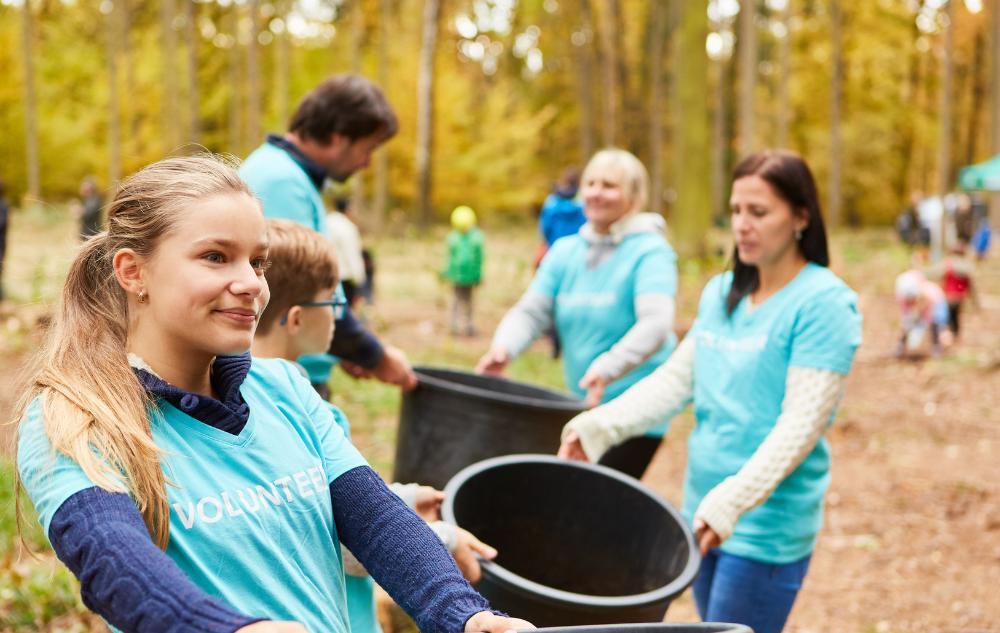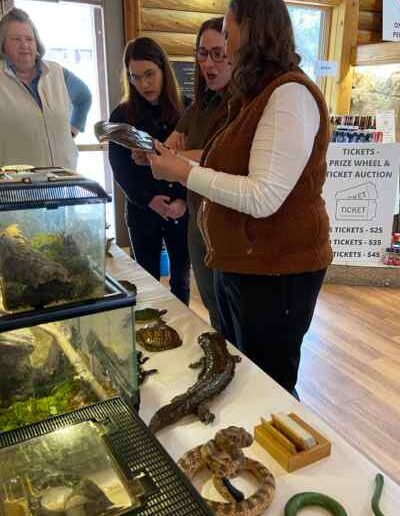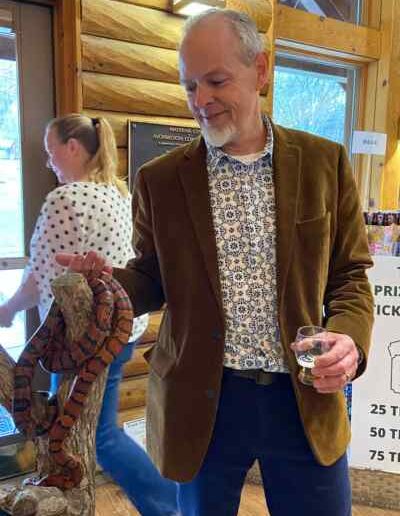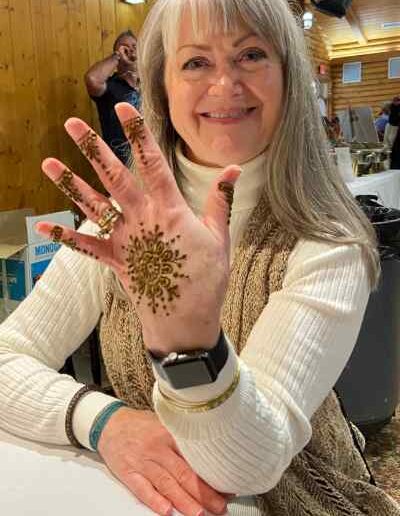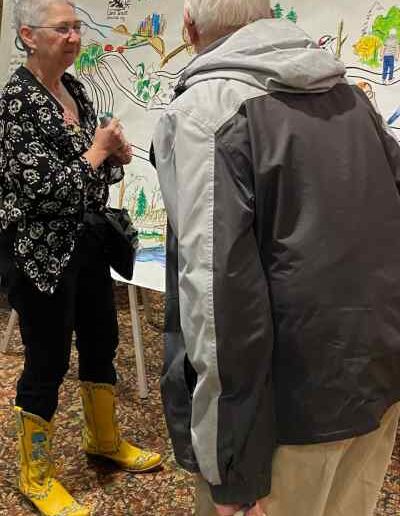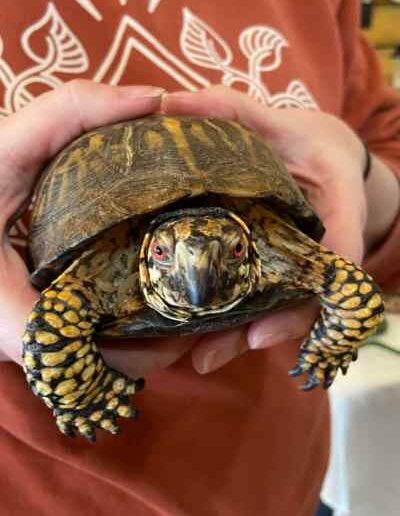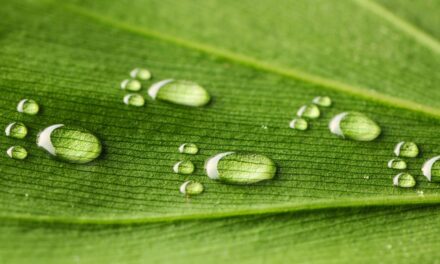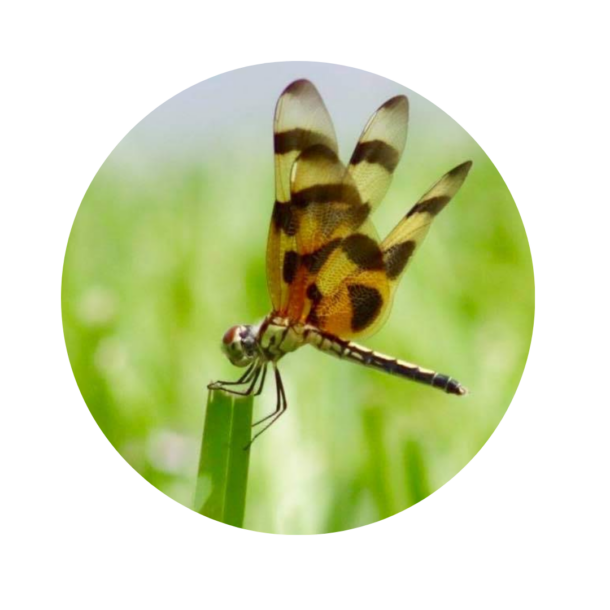How My Local Environmental Community and I Maximize Our Impact Through Fundraising
Yvonne Dwyer shares how her passion for the natural world fueled her decision to become a Master Naturalist and an active member of her environmental community. She reflects on the importance of understanding biodiversity and being an environmental champion through community involvement and fundraising.
My Journey to Become a Master Naturalist
I have been passionate about biodiversity in our natural world since I was a young girl. As a child I was fascinated by all the living things around me: spring ephemerals and wild native plants, the habitats and songs of birds, and insects, especially bees, butterflies, and other pollinators. As I grew older, I marveled at the interconnectedness of the natural world: geologic outcrops, water in all its forms, forests, biomes, clouds and weather, astronomy and stars, soil and so much more.
I became an avid observer and explorer with a voracious appetite for knowledge about the planet. I discovered that the knowledge I had was just the tip of the proverbial iceberg: The more I learned, the more I realized how little I still knew. For example, I learned that one tablespoon of soil has billions of microorganisms, many of which are still undefined and unknown by scientists. I came to understand how interconnected humans are with everything in the natural world. It emboldened me to participate in community efforts and take action to support environmental conservation, protection, and preservation.
I stepped out of my comfort zone and studied to become a Pennsylvania Master Naturalist. Master Naturalist programs are statewide partnership ventures that connect and educate individuals with their local ecosystems through intensive natural science training and local conservation service work. This, in turn, offers education, outreach, and service to community participants dedicated to understanding and managing natural areas within their own communities and local conservation organizations. Through the Master Naturalist program, I found joy in educating others about our responsibility as stewards of our planet.
For more information on how you can become a master naturalist in your state, click here.
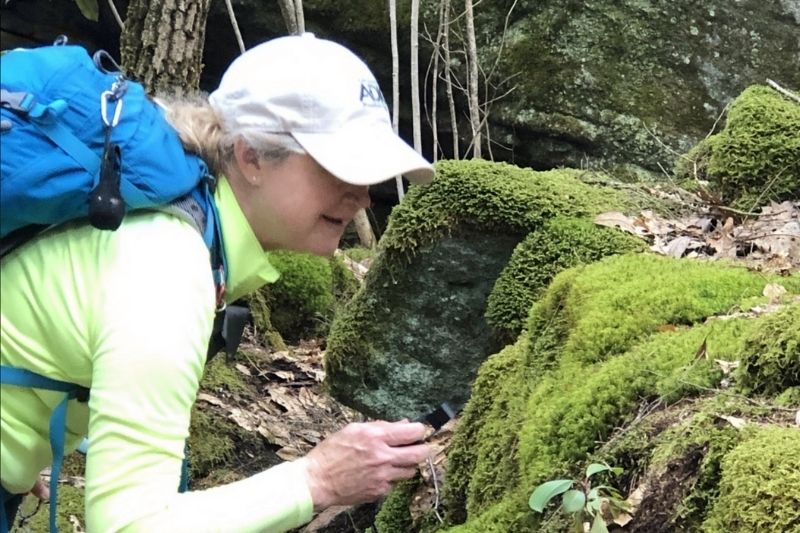
Learning More About Biodiversity
There are seemingly endless topics to explore in biodiversity. Biodiversity includes all varieties of species, genes, and ecosystems in which plants (botany) and animals (entomology, herpetology, zoology, mammalogy, and more) coexist in the community of life on earth. Each plays an integral part in Earth’s environmental tapestry.
Studying biodiversity in the classroom is rewarding, but I highly recommend field study experiences as a way of bringing that learning to life. For some, this may mean stepping out of your comfort zone and being an active participant in environmental efforts near you. Field study experiences are invaluable, allowing you to explore various topics individually or in a community with others who share your passion.
If you’re interested in learning about biodiversity, I recommend that you first find a topic that resonates with you personally. Then, search for organizations or community groups that pertain to your interest. Many organizations like the Audubon Society and Watershed Protection require trained volunteers to lead or assist with the many aspects of organizing community programs and events.
Finding Your Environmental Community
A community is a fellowship, or a unified body of individuals with common interests living in a particular area. But what does it mean to belong in a community? And how do you find an organization that aligns with your passions? The answers may be found right in your own community.
In my particular case, I began my stewardship journey with a local organization called the Hollow Oak Land Trust. The land trust was organized in 1991 and “is a nonprofit conservation organization that protects and connects greenspace with an emphasis in the Pittsburgh Airport Corridor. Hollow Oak now has nine conservation areas totaling over 700 acres.”
The community of staff, volunteers, and participants who organize, maintain, and visit are passionate about conserving and protecting the biodiversity within this ever-expanding green space. They also enjoy the health benefits of the many trails on the land trust. Visitors can hike, bike, birdwatch, fish, forest bathe, and participate in many engaging and fun educational events and outings.
Making a Difference Through Fundraising
It is not enough to just be passionate about preserving and increasing green space; nonprofit environmental groups also require funding to be effective change agents. Fundraising can be a creative and engaging way to activate the community and spread the word about the importance of biodiversity and environmental preservation. Fundraisers should include a clear, concise message about the importance of expanding, protecting, preserving, and restoring continuously developed land for local nonprofit environmental groups.
Once an achievable fundraising goal and budget are set, organizers amass funds through grants, corporate sponsorships, crowdfunding, membership, organization swag, social media, and special community events.
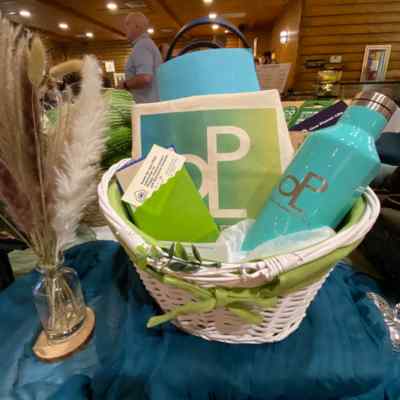
I recently participated in the 8th annual Hollow Oak Land Trust’s Brewhaha, which is an event in which a talented local chef pairs delicious bites with local craft breweries for a good cause. This year’s Brewhaha included a silent auction, raffles, a prize wheel, and an appearance from a local environmental and animal ambassador. All these vendors and participants come together in support of Hollow Oak Land Trust’s mission to conserve and protect our natural areas.
It was truly an enjoyable evening and a unique way to get the community involved in the preservation of our local parks and greenspaces.
Get Out There and Explore!
At One Planet Life, we hope you, too, can step out of your comfort zone and find an organization of exceptional diversity that resonates with your passion. It is so fulfilling to give your time, talent, and money (if possible) to a cause you care about. Make meaningful connections with like-minded people in your community today, and experience firsthand how caring for local biodiversity benefits not just the planet, but also your mind, body, and soul.
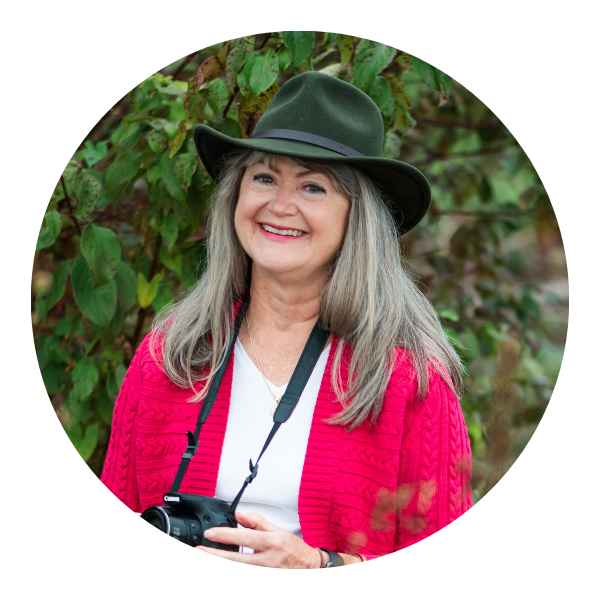
Written by Yvonne Dwyer
Master Naturalist and OPL Content Contributor
“It is truly an honor for me to be a contributor to One Planet Life. By sharing my experiences and lifetime of learning, I hope to inspire conservation, sustainability, stewardship, and awareness of enjoying the natural wonders of the world for the wellbeing of people and the planet.”

